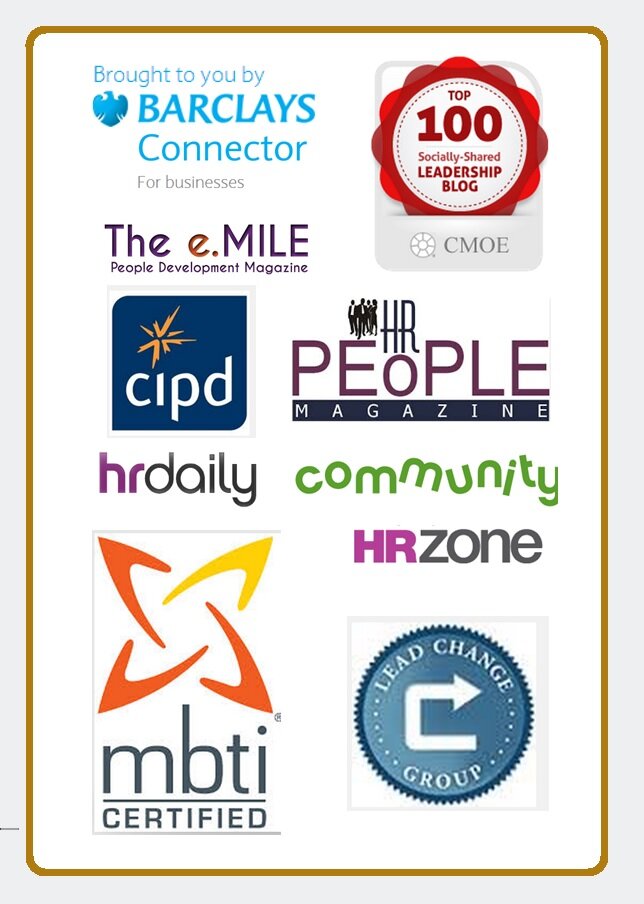Leaders can learn from inspirational people
I’d read about Philippe Petit some years ago, and while being amazed at his death defying tightrope walk between the Twin Towers of the World Trade Centre in New York City, I was either was too young, too busy, in the wrong country or too focussed on other things to truly absorb his story. That changed last weekend when I happened upon an old documentary in which Philippe was recounting his experience on that day, 7th August 1974, and the events leading up to it.
I realise as I write this, I am almost 40 years behind, but I also know there is a right time for everything, and I needed this story now, because it clicked into place a piece of jigsaw I was toying with, but not quite knowing where it fit.
I have always admired people who have made a significant impact, and have been inspirational people. People who particularly inspire me are Martin Luther King, Jr., Mahatma Ghandi, Viktor Frankl, Sir Winston Churchill, Carl Jung, Abraham Lincoln , and latterly Nelson Mandela, Oprah Winfrey, and Steve Jobs, to name but a few. I am now adding Philippe Petit to my list.
These inspirational people on my list are famous for very different achievements. Some didn’t particularly set out to be “world” leaders in their field. But to me and many others of course, they are leaders, because by virtue of their achievements they have led a way, which has helped many people, and so been inspirational. Their stories and work have certainly changed my world.
Simon Sinek in his brilliant book “Start with Why” concludes the reason some inspirational people and their dreams (like Jobs and King for example) are globally successful is that they act from the inside out, they don’t sell their products, they sell their beliefs. It is these beliefs that other people relate to which harnesses their commitment, support, and buy in.
I was blown away when I heard Simon speaking about this phenomenon, because I know it to be true, certainly about me. I finally realised the reason I was so enamoured by these inspirational people was my interpretation of their beliefs and qualities embodied my own beliefs and value systems which I aspire to.
When I examined my own list of inspirational people, I discovered several qualities they displayed which I aspire to, and therefore inspire me.
- They owned a deeply held vision
- Inner and self- directed, they listened to their intuition and the world around them became secondary if it didn’t accord with their inner guidance.
- What they did/shared benefitted the greater good, even if they didn’t realise it at the time.
- They were committed and dedicated; in fact most, if not all, view their achievements as their life’s purpose.
- They weren’t deterred by popular opinion,
- They acted fearlessly, even if inside they felt fearful
And finally, what Philippe Petit made me see so clearly:
7. They are aspirational, they dare to attempt “the impossible,” feats and successes which any rationale mind may have said weren’t possible.
Inspirational people lead others by letting them see that their hopes, dreams, aspirations, and values are not only desirable, but are possible, by demonstrating they can be done. Once you have seen impossible being achieved, then the world has changed.
So how can this help our everyday leaders, who aren’t out to change the world, but who grapple with the day to day reality of where they are right now?
I asked this question of a very dear mentor of mine. “How can I lead in my small way, when all my inspiration comes from people who have changed the world, it seems overwhelming?” What he said to me can also be true for leaders in every field. He said, “Don’t concentrate on the world; apply your beliefs, principles and values to your world and the rest will take care of itself.” Although I agreed I still felt apprehensive. That was until I witnessed Philippe’s mad impossible mission and suddenly the impossible was possible, and the final piece of the jigsaw slotted into place.
You don’t have to walk a tightrope across tall buildings or ravines to inspire your employees and customers; all you need is a clear vision, faith, commitment and courage. Together with the knowledge you are making a real difference for the greater good. For me this is the real formula for success.
If you are a leader, you are continually developing and "Sharpening the Saw". If you lead and manage teams, then you must read about our Inspirational New Leadership Programme. Sign up now to find out more details when we launch in July 2014. There is no obligation to undertake the programme, if you sign up today, you will simply be sent more information about the programme. You can unsubscribe at any time! Click below to register for further information.






